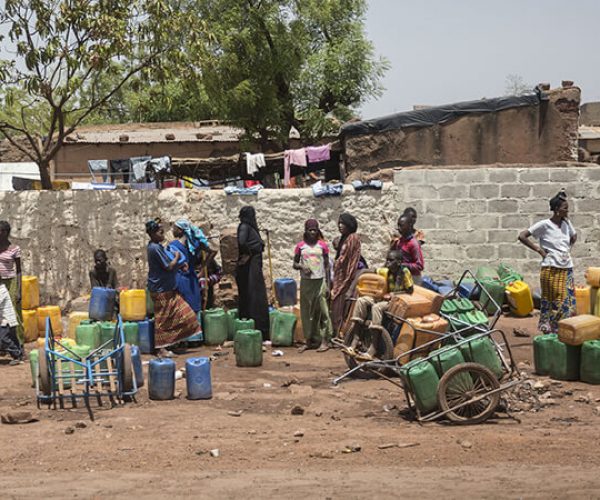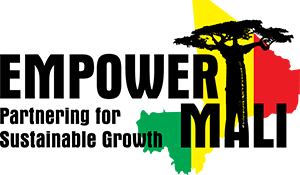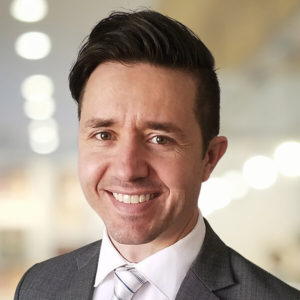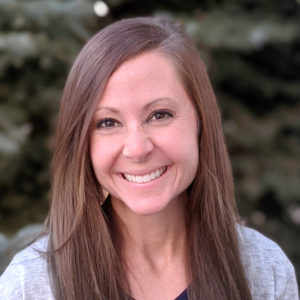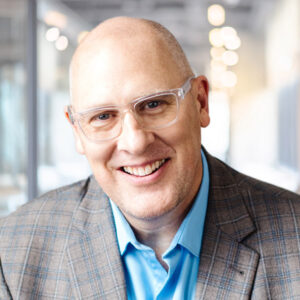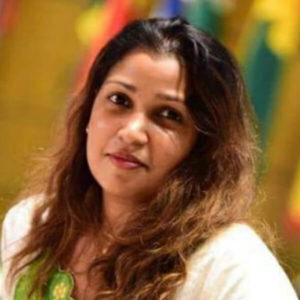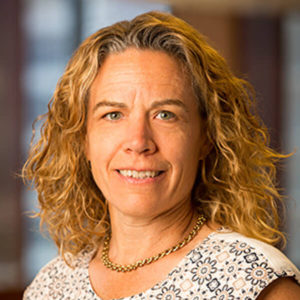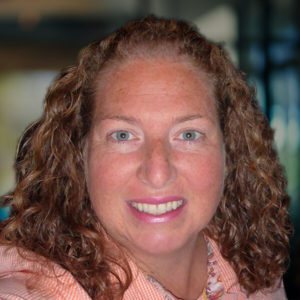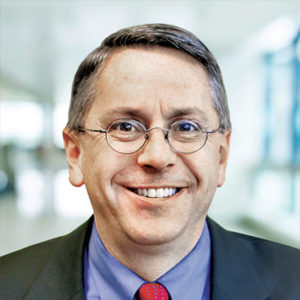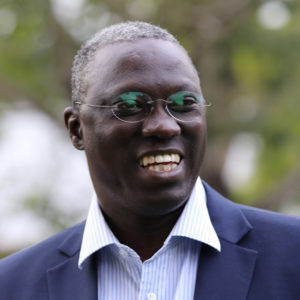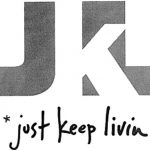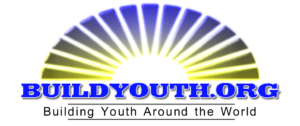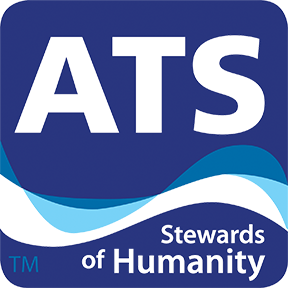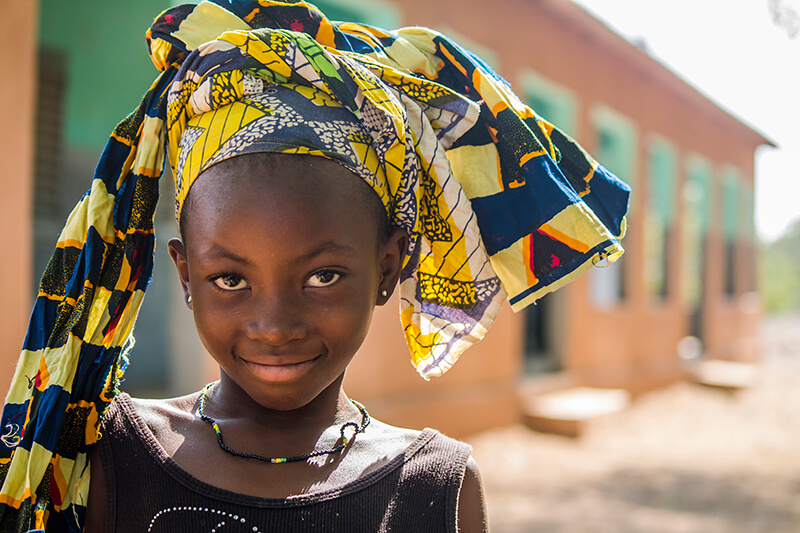
Our Story
Empower Mali was created to meet the growing need in the areas of education, healthcare and access to basic necessities in the rural communities of Mali, West Africa.
Understanding that no one knows better how to resolve the issues of their community than the community members themselves, Empower Mali forms a unique partnership with the community connecting resources with communities in need. Empower Mali also works very closely with local government and tribal leaders to ensure that the projects initiated are needed by the communities and can be sustained over time by the community themselves. The ultimate goal is to raise Mali out of poverty, one community at a time.
Our projects, in addition to being sustainable by the citizens of Mali, impact not only present generations but also future generations.
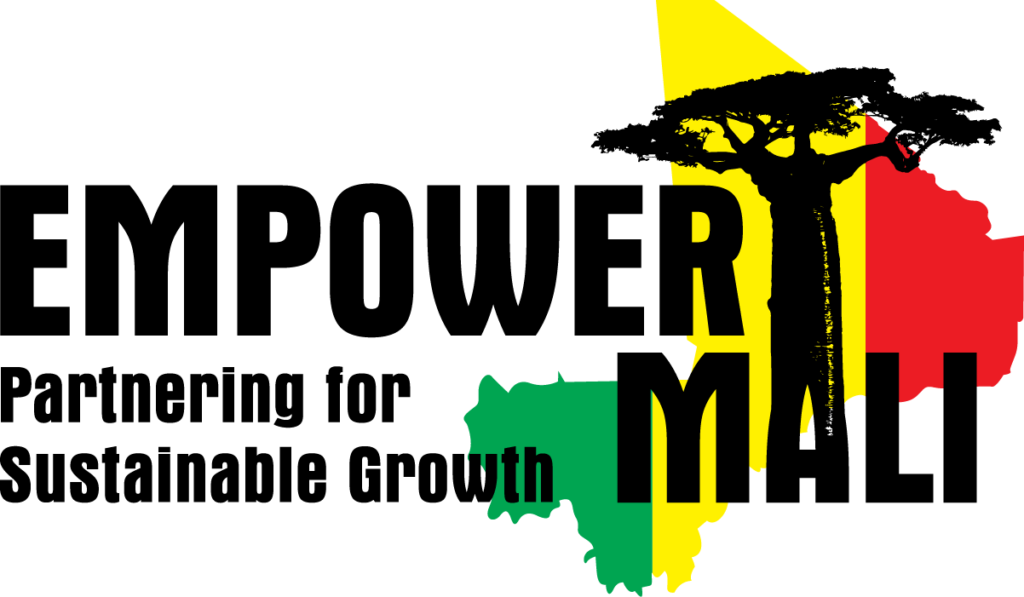
Our Vision
Our vision is a prosperous Mali with citizens having access to basic rights like education, healthcare and clean water who are able to overcome poverty & develop Mali building the country from inside out.
Our Logo
Our Logo contains an important symbol to Malians. That of the Baobab Tree. In the Malian culture, the baobab tree is a symbol of strength, stability and longevity. We believe that Mali will become a well developed nation, provided that Malians participate in solving their own problems. An outsider can not solve problems in Mali better than the Malians themselves.
We also believe that like our emblem of the baobab, our projects will have a lasting impact and allow Malians to better prepare the country for future generations. We hope that Mali, which was once the bread bowl of Africa, can become a great nation once more.
Our Mission
Empower Mali believes that the citizens and communities of Mali have the right to become self-reliant.
The focus of the foundation is not to give a hand out to these communities, but rather to work side by side empowering these communities to meet their own needs by sharing with them the resources and tools to get it done. Empower Mali works closely with community leaders and the citizens of Mali to ensure that projects are self sustainable and that the work can continue even after EM leaves the village.
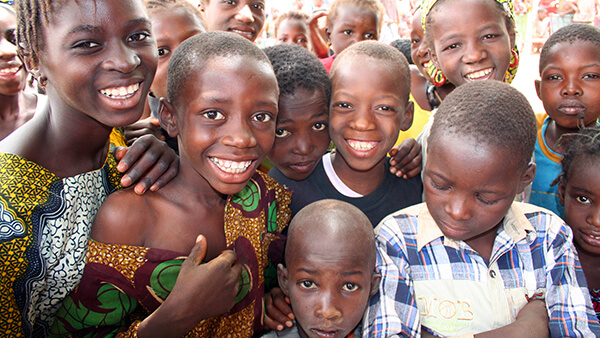
How You Can Help
BUILD
SCHOOLS
3-room Middle Schools fit 150 students. Each is built within the village close to home for rural students.
WATER
PROGRAM
Solar-Powered Water pumps storing water in towers for the whole community to have easy access to clean pumped water.
TEACHER
HOUSING
Teachers are hesitant to teach in rural Mali. Providing housing allows us to attract the nation’s best teachers.
SOLAR
POWER
Solar panels bring light to our villages allowing night classes and after-hours homework improving opportunities.
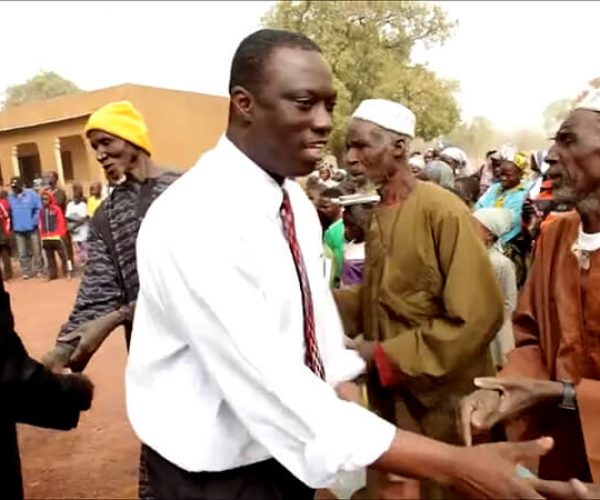
Our Approach
Empower Mali has a unique partnership approach with the communities we operate in. We operate within the following context:
Participation of local communities in project selection and design ensures that investments reflect community priorities and enhance ownership.
Participation in the costs of the project to ensure full buy in by the community and an ownership after the project is completed.
As part of our partnerships, we expect the Malian communities where we work to initiate the demand for the project and also to contribute to the project whether it is 20% of the cost of the project or land or labor.
Empower Mali believes in giving Malians a hand up and not a hand out. Hence our unique investment model. By getting the communities involved in both the needs assessment and financial portion, the project becomes self sustainable. The villagers are more likely to maintain the project because of their own investment and role in bringing it to their village.
Our Partners
Empower Mali since 2013 has partnered with many individuals, companies, and non profits to meet the growing challenges that people in rural Mali are facing. We would not exist without the dedicated commitment of our partners. They not only make financial contributions to support our mission, but also gift their time, resources and expertise. We thank all the individuals, companies and partners that have made our projects a success! We are grateful for your generosity and your commitment to help Malians create sustainable growth opportunities in Mali.
We'd love to hear from you. Let's chat.
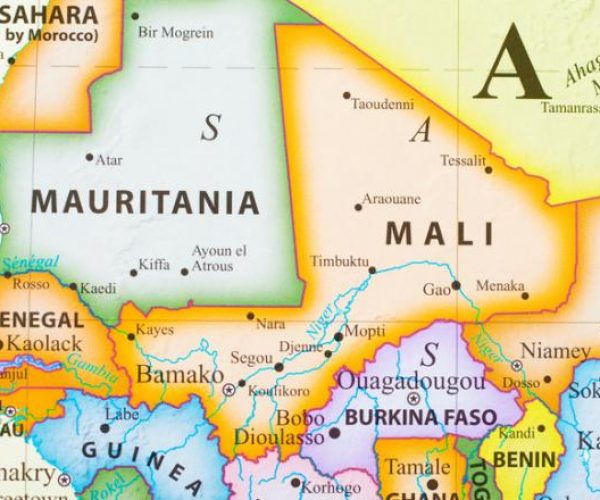
About Mali
Mali is a very culturally rich country that is dealing with a harsh set of circumstances.
Total Population: 15.1 million
Religion: 90% Muslim
Language: French, Bambara
Average age: 16
Literacy rate: 31.1%
Unemployment: 30-35%
Leading exports: Cotton, gold, livestock
Mali is a landlocked country in West Africa. The second poorest country in the world, Mali is highly dependent on foreign aid. While the average skilled worker’s annual salary is approximately $1,500, half of the Malian population lives below the international poverty line of $1.25/day. Mali’s economy is centered on agriculture with 80% of Malians employed in farming. Cotton is the country’s largest crop export, followed by an increasing interest in mining gold.
Health Challenges:
Mali faces numerous health challenges related to poverty, malnutrition, and inadequate hygiene and sanitation. Mali has one of the world’s highest rates of infant mortality with 111 deaths per 1,000 births and a life expectancy of only 52 years. Medical facilities, medications and doctors are in short supply. One doctor usually serves about 20,000 people.
Education Challenges:
Education in Mali continues to struggle with a 31.1% literacy rate. Public education enrollment is compulsory and free for ages 7 to 16. Despite free enrollment, education is still a financial burden for families who cannot afford supplies, uniforms and books. Only 61% attend primary education (71 male and 51 female) and only 36 of students graduate from primary school (6-12 years old). Due to a lack of schools, at 12 years of age, the majority of those that complete primary education then drop out.
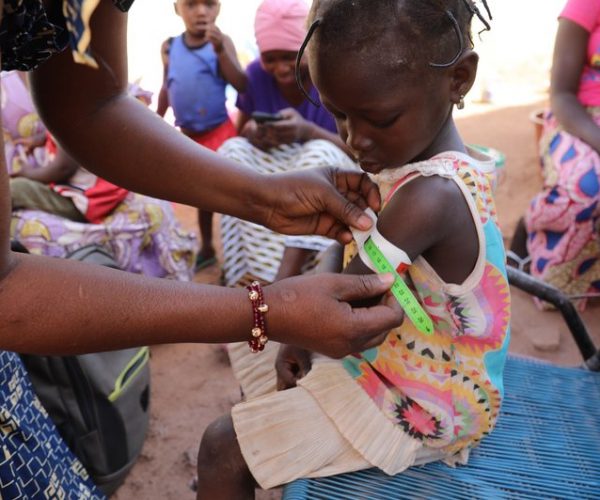
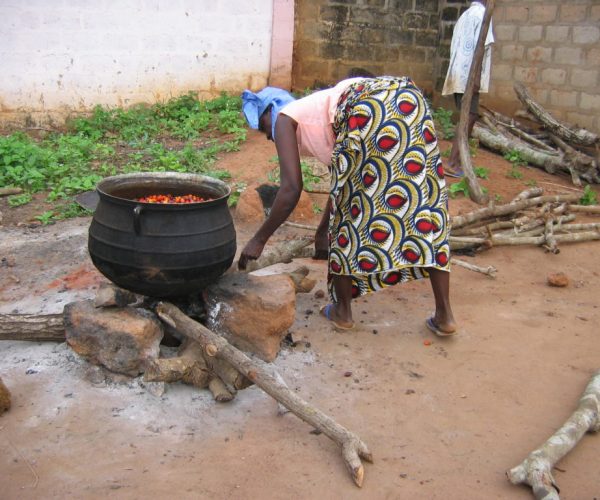
Energy/Electricity Challenges:
In rural areas 80% of energy needs are met by firewood and charcoal, and people use kerosene lamps and torches for lighting. This does not include, of course, animal and manpower, which is tiring and time consuming. Rechargeable car batteries are also used for lighting, TV and radio, and a very small minority of people have solar panels or a generator. In rural areas, modern energy services, particularly productive (i.e. income generating) uses are very limited, making efforts to stimulate local economic development difficult.
Less than 1% of the rural population has access to electricity. Opportunities for substantially improving the health and qualify of life, longevity, and infant mortality rates for the country are hampered by the lack of reliable electricity and energy services throughout most of the country.
Clean Water Challenges:
Water quality is as big a problem as water scarcity in Mali, and over 70% of the population have nowhere to go to the toilet. 5.6 Million people ( 1/3 of the population) in Mali don’t have access to safe water. Over 12 million people (nearly four fifths of the population) don’t have access to adequate sanitation in Mali. Over 15,000 children die every year from diarrhea caused by unsafe water and poor sanitation in Mali.
Governance and Local Participation Challenges:
While decentralization is becoming established in Mali, the poor level of skills and capacities of the duty-holders restrict the full involvement. Additionally, Malian voters, particularly rural ones, have inadequate information about what their local governments do for them. Women and minorities do not usually participate in governance/civic process.
*All facts from CIA fact book and UN websites
